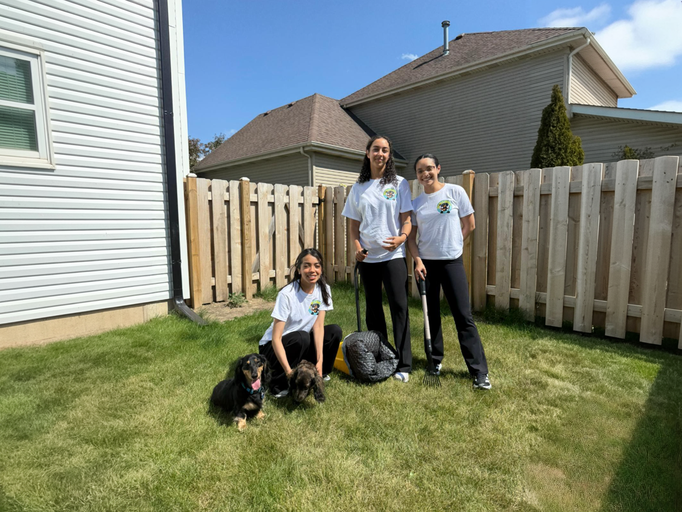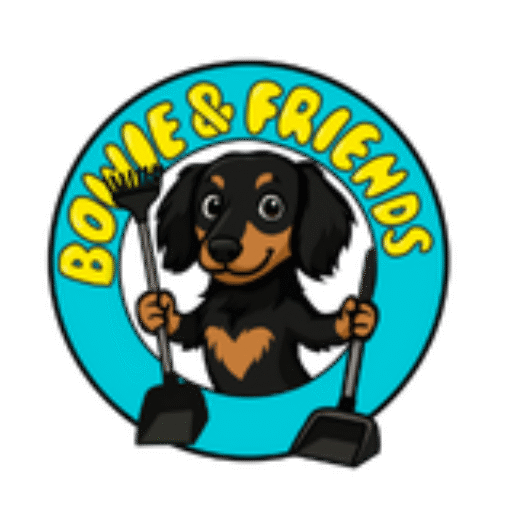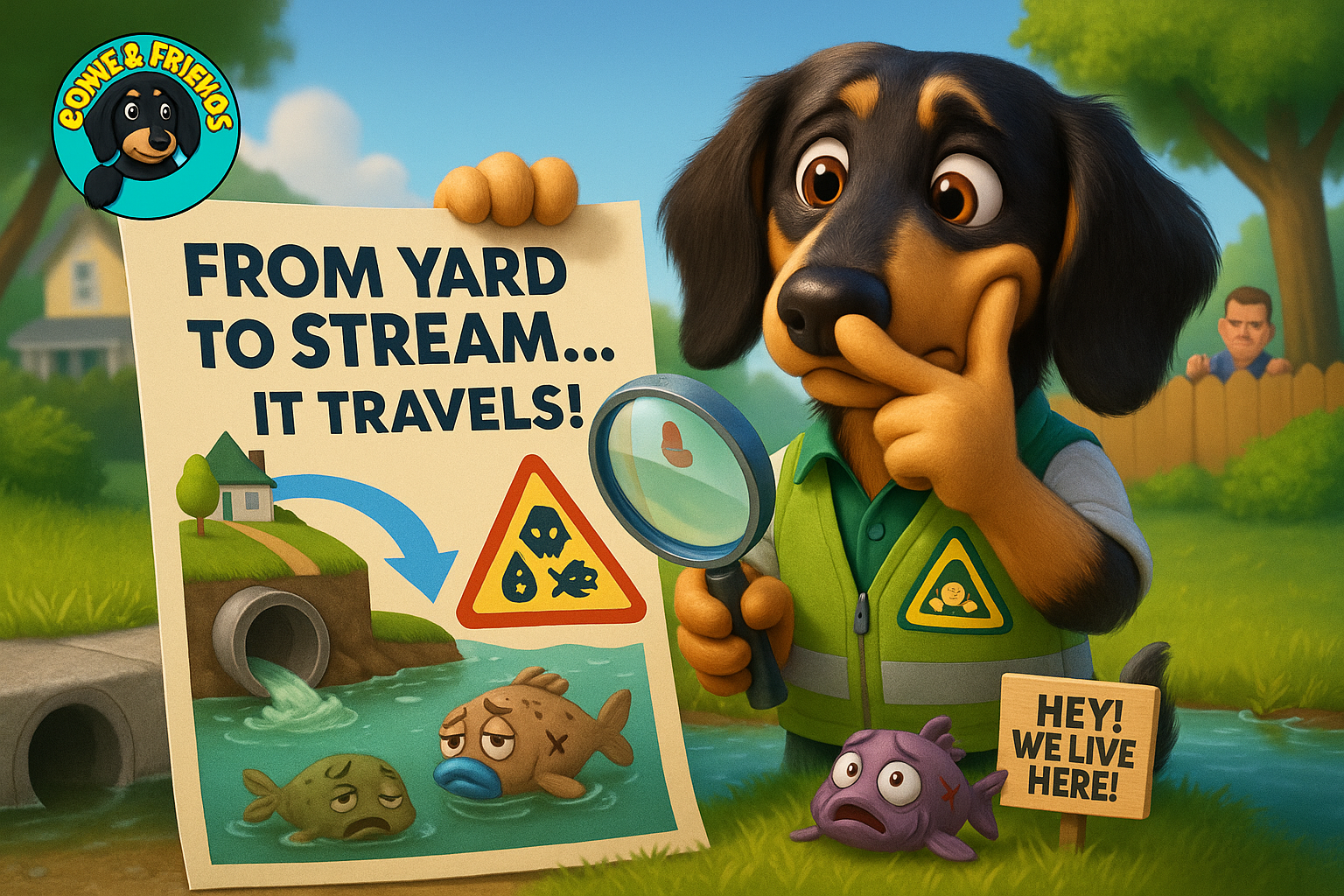Most people see dog waste as a backyard problem. But science tells a deeper story—one that ends not in the grass, but in our waterways. What many don’t realize is that one pile of uncollected dog poop can become part of a much bigger issue: water pollution.
Let’s dive into the science of how dog waste moves from lawn to local lakes, and how hiring a professional pooper scooper can help protect your family and your environment.
Step 1: Rainfall Meets Waste
When it rains, any dog waste left on the ground begins to break down. Rainwater doesn’t just wash away visible debris—it carries microscopic bacteria, nitrogen, and parasites along with it. This runoff flows into storm drains, which are not connected to wastewater treatment plants. Instead, they lead directly to rivers, lakes, and streams.
Each pile that’s not removed becomes a concentrated source of contamination, contributing to a growing environmental problem that affects entire ecosystems.
Step 2: Bacterial Overload
Dog feces contain high levels of harmful bacteria, including:
- E. coli
- Salmonella
- Giardia
- Campylobacter
These pathogens travel via stormwater and can survive in water bodies for days or even weeks. Once they reach streams or reservoirs, they put public health and wildlife at risk. Elevated bacteria levels often lead to the closure of beaches, fishing areas, and recreational sites due to unsafe water conditions.
Step 3: Nutrient Pollution and Algae Blooms
Dog waste is rich in nitrogen and phosphorus, nutrients that fuel the rapid growth of algae. When large volumes of uncollected waste accumulate across neighborhoods, the nutrient load becomes dangerous.
This process creates algae blooms, which reduce oxygen in the water, kill fish, and destabilize aquatic ecosystems. Algae also release toxins harmful to pets and humans, particularly young children who may swim or play near contaminated water.
Using a dog poop removal service helps cut off this chain reaction at its source. A weekly dog poop cleanup ensures waste is gone before the next rainfall can carry it downstream.
Step 4: Parasite Spread Through Waterways
Parasites like roundworms and hookworms don’t just die in the soil—they’re carried by water into areas where they can infect other dogs, wildlife, and even humans. These organisms survive harsh conditions and can be transmitted through accidental contact or ingestion.
A licensed pet waste removal provider understands the urgency of this issue. Whether you choose a weekly dog poop pickup service, a monthly dog waste removal subscription, or a one-time backyard cleanup dog poop service, every service breaks the cycle of contamination.
DIY Isn’t Enough to Stop Water Pollution
Cleaning up after your dog occasionally isn’t enough. Bacteria and nutrients begin spreading within hours. Missed piles become silent pollutants. A cheap dog poop pickup service ensures nothing is left behind—and nothing enters your local waterways.
With perks like a refer-a-friend dog waste pickup discount, your entire community can participate in a smarter, cleaner approach to pet ownership.

It’s Time to Think Bigger Than Your Backyard
Dog ownership is a privilege—and a responsibility. Your lawn isn’t isolated. What happens there flows outward, affecting neighbors, neighborhoods, and nature itself.
🌊 Be part of the solution. Visit bowieandfriends.com today and learn how our professional pet waste removal service can help protect your yard, your water, and your world.
Because dog poop doesn’t stay where it lands. And neither should your concern.


Leave a Reply
You must be logged in to post a comment.